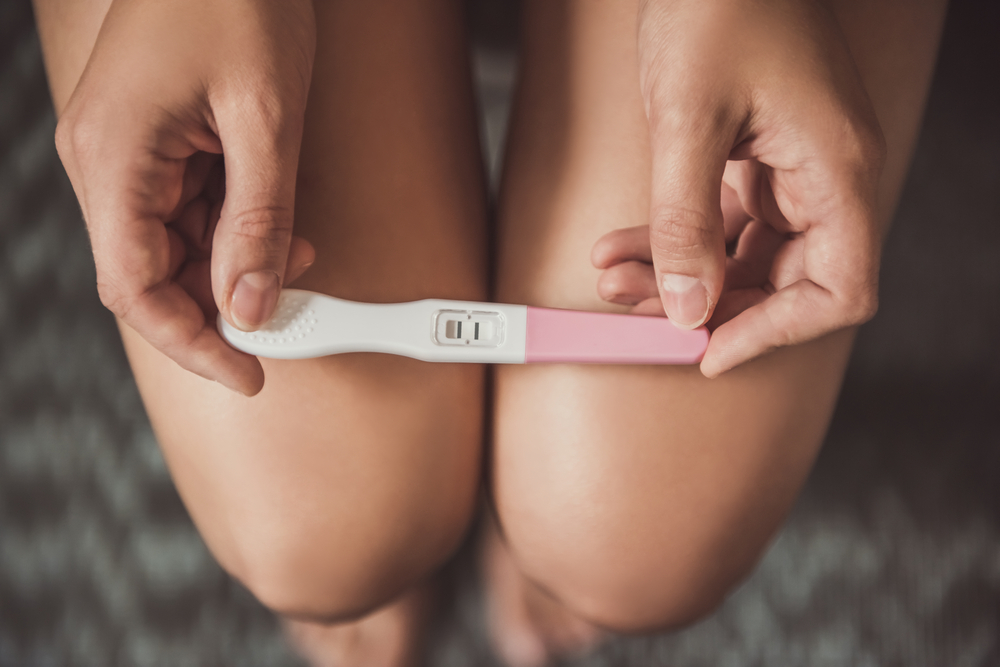ALBAWABA Discovering that you may be pregnant can be a thrilling yet nerve-wracking experience. Whether you're actively trying to conceive or it comes as a surprise, recognizing the early signs of pregnancy can help you take the necessary steps for a healthy pregnancy journey.
While every woman's experience is unique, several common early indicators can provide valuable insights into your potential pregnancy.

Missed Period
One of the most obvious and well-known early signs of pregnancy is a missed menstrual period. If your menstrual cycle is regular and you find yourself past your expected period date, it might be time to consider taking a pregnancy test.
Breast Tenderness
During early pregnancy, hormonal changes can cause your breasts to become tender, swollen, or sensitive. You might notice that your nipples darken and become more prominent. This occurs as your body prepares for breastfeeding and is usually experienced within the first few weeks of pregnancy.
Fatigue and Exhaustion
Feeling more tired than usual is common during the early stages of pregnancy. Increased progesterone levels can lead to a sense of constant fatigue as your body adjusts to the demands of pregnancy and prepares for the growth and development of the baby.
Frequent Urination
As the uterus expands and puts pressure on your bladder, you might find yourself making more frequent trips to the restroom. This symptom usually occurs around six to eight weeks after conception and can continue throughout the pregnancy.
Food Cravings and Aversions
Sudden cravings for certain foods or aversions to others are also early signs of pregnancy. These preferences may emerge due to hormonal fluctuations and can vary widely from woman to woman. Don't be surprised if you find yourself craving pickles and ice cream or steering clear of foods you once loved!
Implantation Bleeding
Some women experience light spotting or implantation bleeding around ten to fourteen days after conception. This occurs when the fertilized egg implants itself into the uterine lining. Implantation bleeding is usually lighter and shorter than a regular menstrual period.








